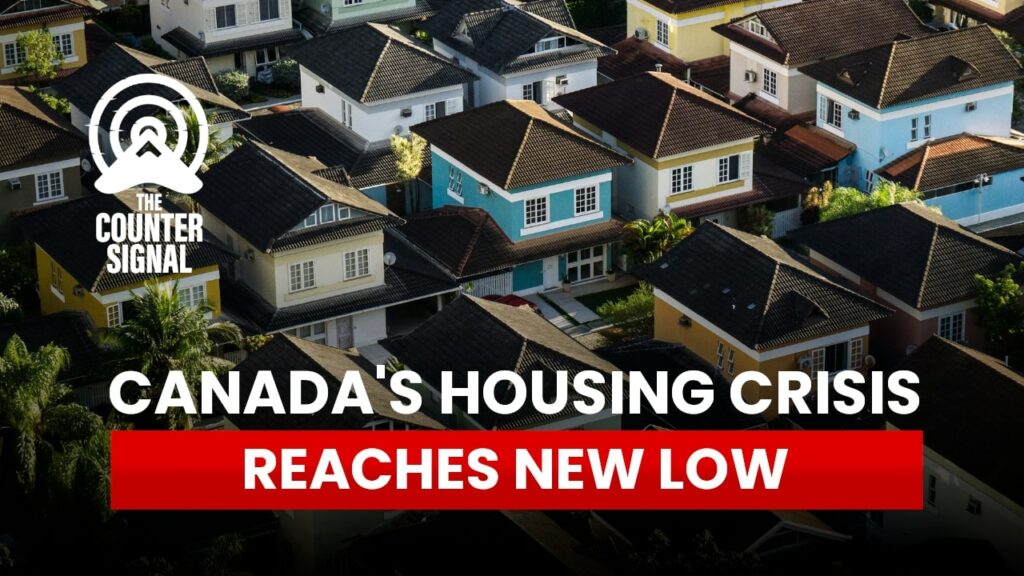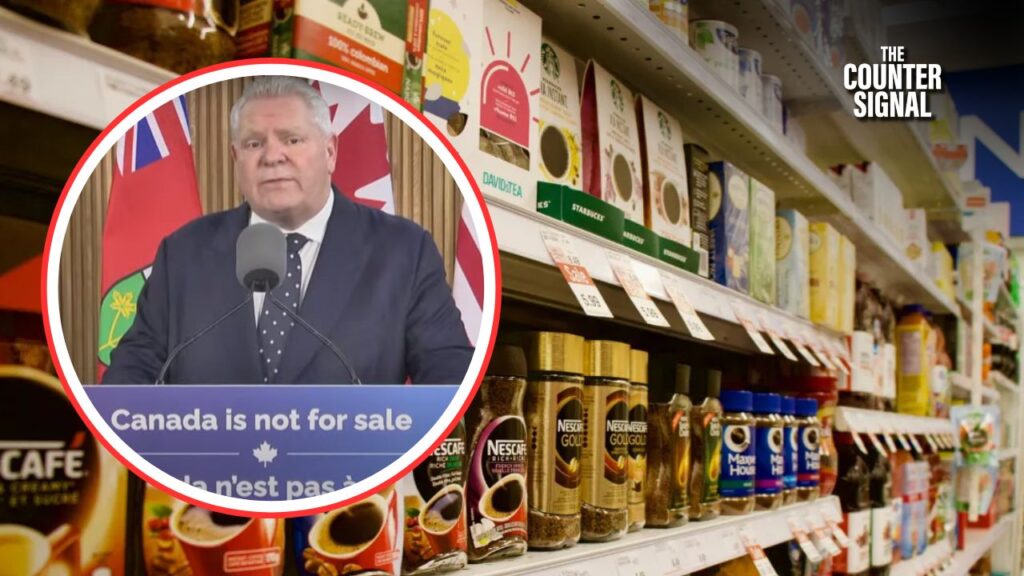A new report shows that Canada’s housing crisis just got a lot worse, with affordability plummeting by rates not seen in over four decades.

According to the report published by the National Bank of Canada, this is the sixth consecutive quarterly deterioration in affordability that Canada’s housing market has seen.
In Q2, housing affordability worsened by 10.4 points, which the report’s authors note is the “worst quarterly and annual deteriorations in 41 years” and that the “mortgage on a representative home in Canada now takes 63.9% of income to service, the most since 1982.”
Besides rises in inflation, the authors say that affordability is mainly deteriorating “on the back of rising mortgage interest rates,” with benchmark mortgage rates rising to levels not seen since 2011, just three years after the housing bubble financial crash of 2008.
Additionally, Canada now sits in the eighth position in year-over-year home price inflation worldwide, with the average national home price rising by 18.1% in a single year.
The affordability crisis has hit metropolitan areas the worst. As of Q2 of 2022, a representative non-condo home in the Greater Toronto Area has risen to $1,408,797 on average, a 6% increase in a single quarter. The report further notes that the annual income needed to afford such a home would have to be roughly $265,000 per year, meaning each person in a working couple would need to bring in six figures even to consider buying a home in Toronto — and it doesn’t get much better when you look at condos.
The outlook for other metropolitan areas, including Hamilton, Victoria, and Vancouver, is similar to that in Toronto, with home prices exceeding $1 million and continuing to rise.
The outlook in Alberta, Saskatchewan, and Montreal is slightly better, with home prices often costing less than half as much as what’s seen in Ontario’s metropolitan areas. However, even in Montreal, Calgary, and Winnipeg, affordability continues to deteriorate.
Of all the areas analyzed, the report’s authors only found one city that actually saw a dip in prices in the last quarter: Edmonton, which saw home prices fall by 1.1% to $440,982.









